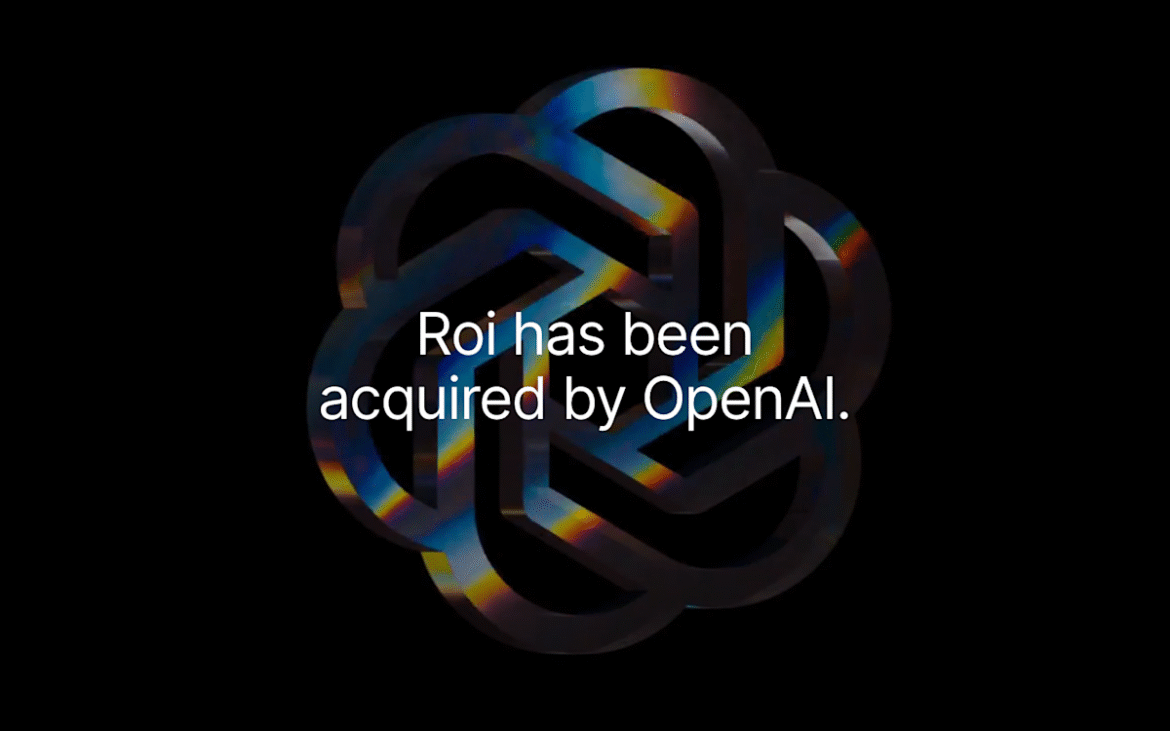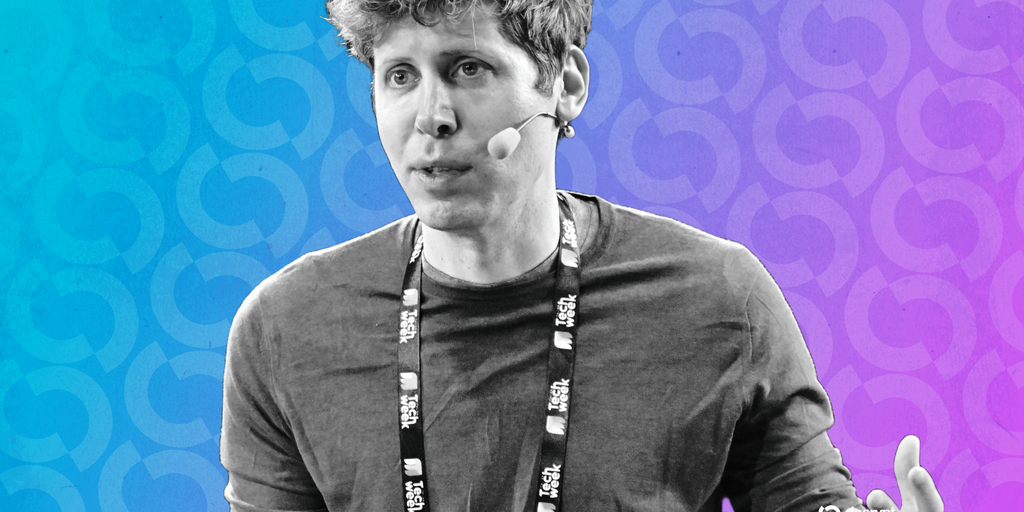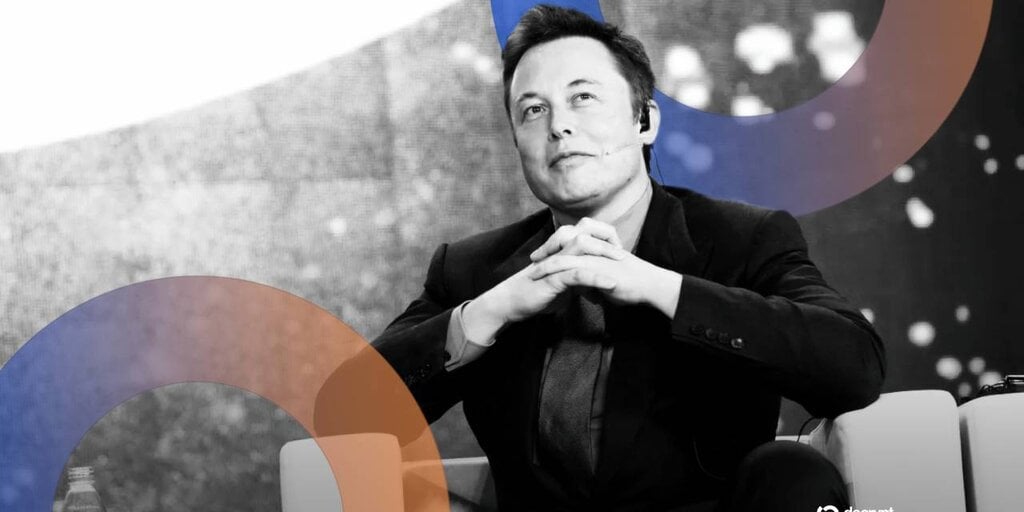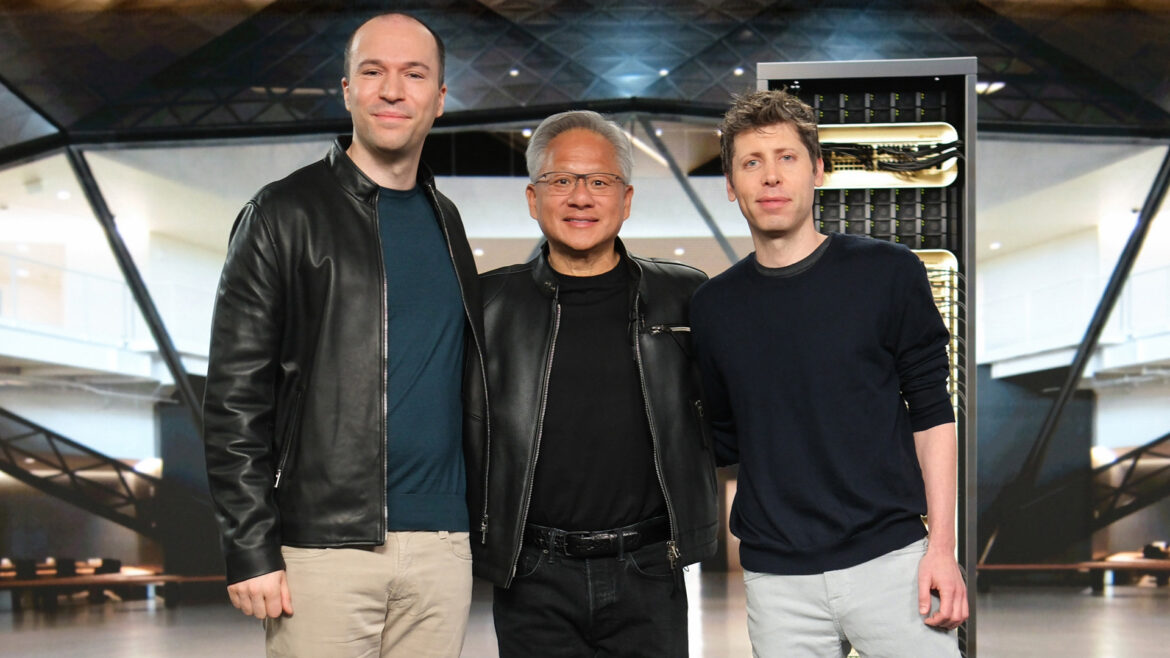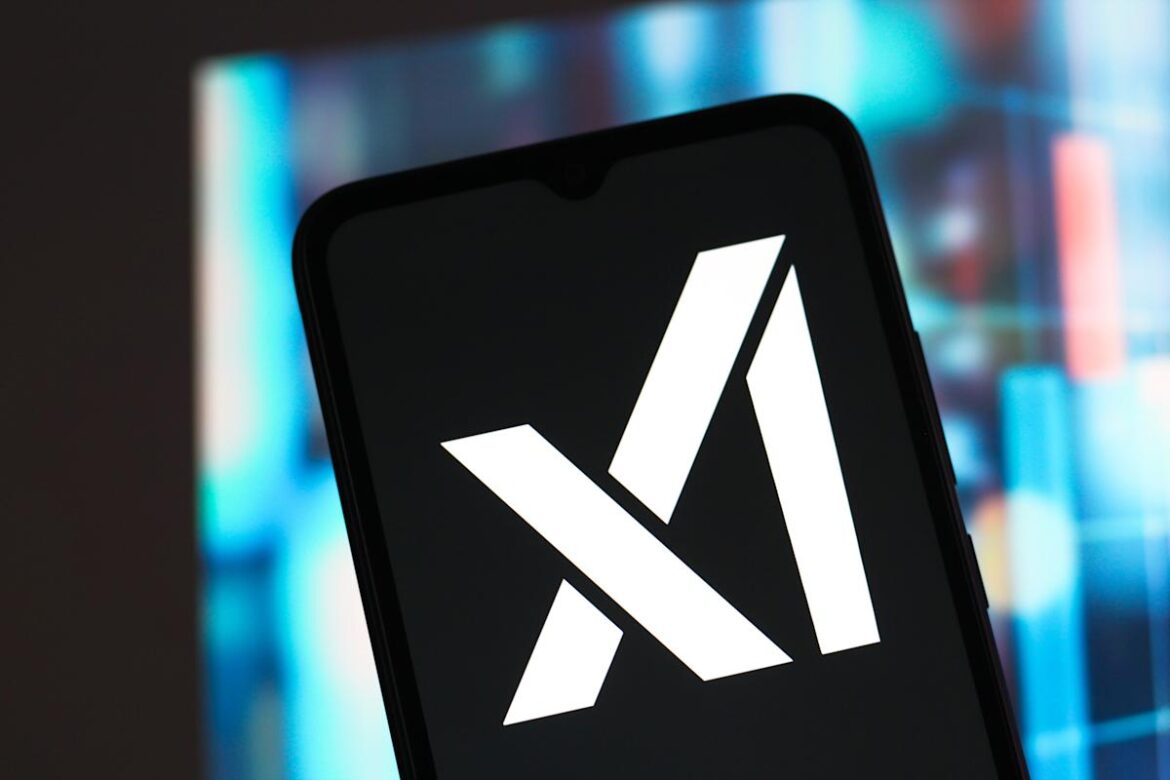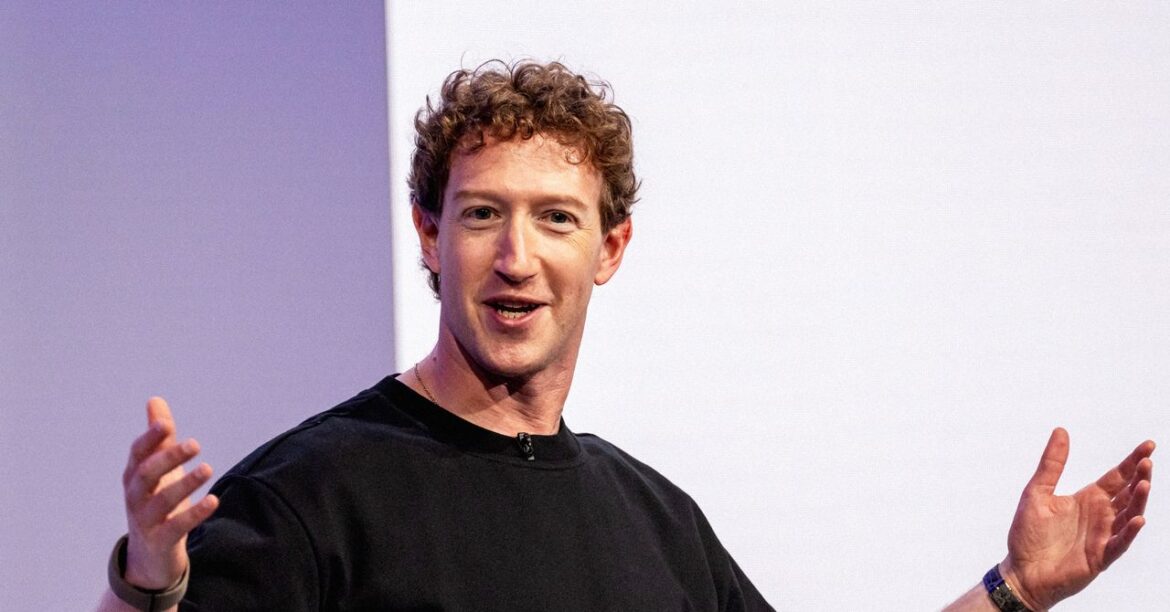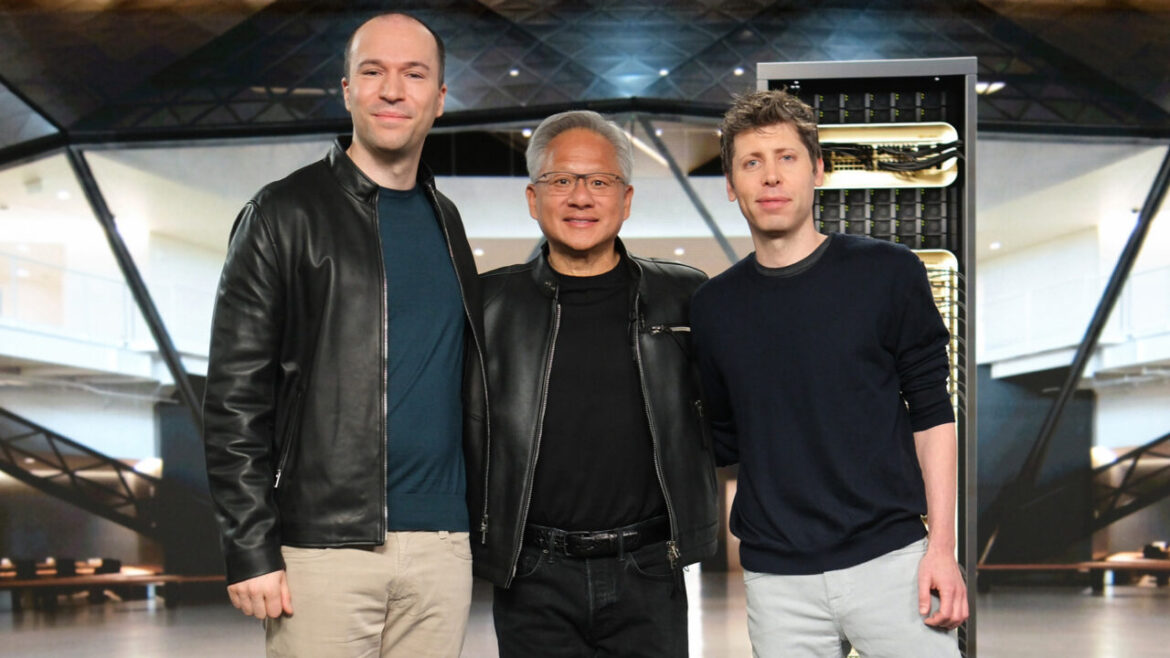Just a day after dethroning SpaceX as the most valuable private company in the world, OpenAI has acquired another startup. This time, the AI giant acquired Roi, an app that offers a one-stop shop for all your financial portfolios and an AI chatbot that provides personalized investing advice. Details of the acquisition weren’t made public, but TechCrunch reported that Sujith Vishwajith, the startup’s CEO and co-founder, will be the only one joining OpenAI’s team.
It might come as a surprise for OpenAI to venture into the personal finance space, but this latest acquisition offers some hints at what the company could have in store for the future. OpenAI could be leaning into an AI chatbot that provides more than just responses to general queries and offers more personalization as a “proactive assistant,” as detailed in its blog post introducing Pulse.
OpenAI is also no stranger to acquiring smaller companies that offer something that could advance ChatGPT. In May, the company acquired io, an AI hardware startup cofounded by former Apple designer Jony Ive, for $6.5 billion. OpenAI followed up that major purchase by spending another $1.1 billion to acquire Statsig, a startup that focused on product testing, in September.

